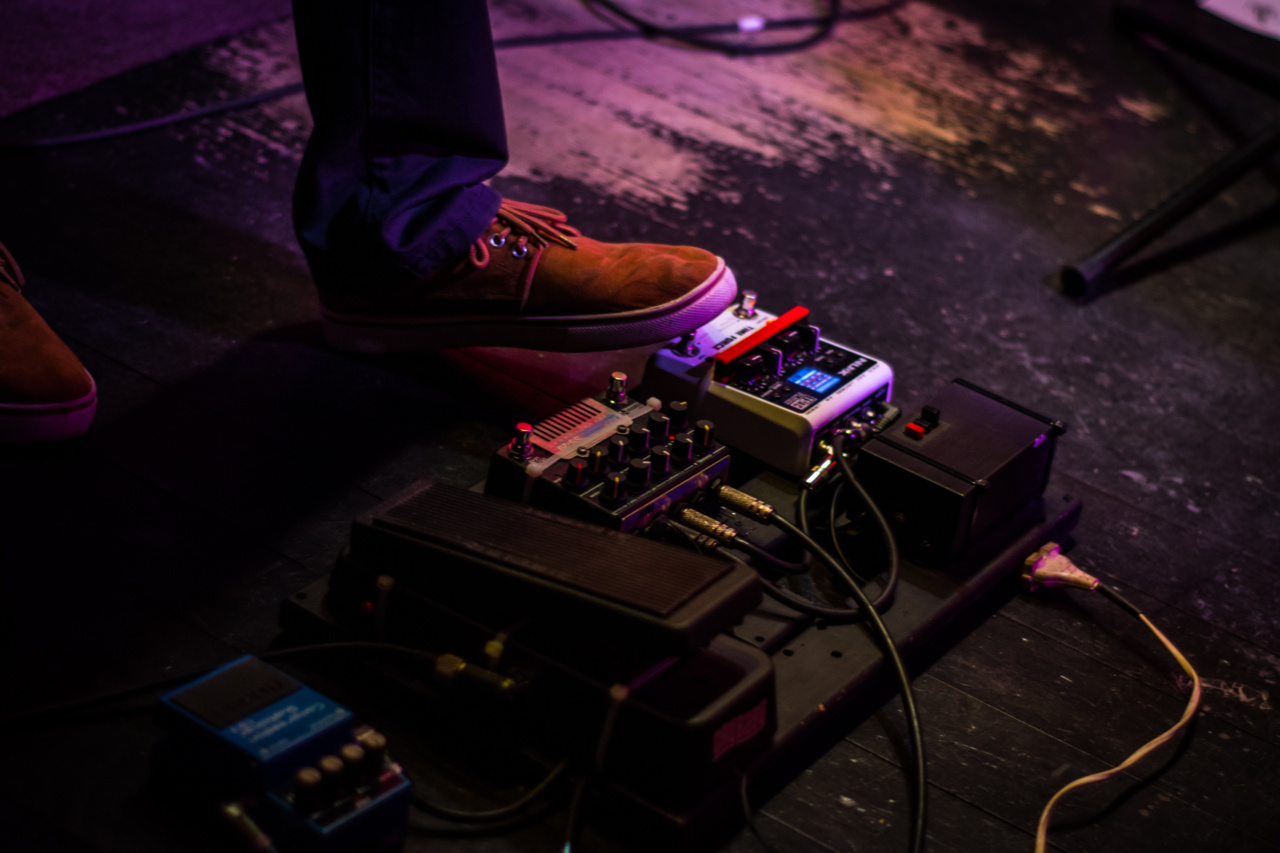Restless feet, also known as restless leg syndrome (RLS), is a common condition that affects millions of people worldwide.
This neurological disorder causes an irresistible urge to move the legs, often accompanied by uncomfortable sensations such as crawling, tingling, or aching. While the exact cause of RLS is still unknown, several factors, including genetics and certain health conditions, have been associated with its development.
However, recent research suggests that there may be a strong mind-body connection when it comes to restless feet.
The Role of Stress and Anxiety
Chronic stress and anxiety have long been recognized as contributing factors to a variety of physical and mental health problems. It is no surprise, then, that these psychological factors can also impact the severity of restless feet symptoms.
Studies have shown that individuals who experience high levels of stress or anxiety tend to have more frequent and intense episodes of RLS. This suggests that there is a bidirectional relationship between the mind and the body when it comes to this condition.
The Impact of Sleep Deprivation
Sleep deprivation is another factor that can aggravate restless feet symptoms. Patients with RLS often report difficulty falling asleep or staying asleep due to the discomfort in their legs.
This lack of quality sleep can further contribute to increased stress and anxiety levels, creating a cycle that worsens the condition. Additionally, studies have shown that sleep disturbances may affect neurotransmitter levels in the brain, such as dopamine and serotonin, which play a role in regulating movement and mood.
The Link between Depression and Restless Feet
Depression is a common mental health disorder that often coexists with restless feet. The relationship between these two conditions is complex and not yet fully understood.
However, researchers believe that similar brain chemistry imbalances may underlie both depression and RLS. In some cases, the relentless and disruptive nature of RLS can lead to feelings of frustration, hopelessness, and eventually depression. Conversely, depression can exacerbate the symptoms of RLS through various neurochemical mechanisms.
The Impact of Mindfulness Techniques
Mindfulness techniques, such as meditation and deep breathing exercises, have gained popularity in recent years for their ability to reduce stress and promote relaxation. These practices have also shown promise in managing the symptoms of restless feet.
By incorporating mindfulness into their daily routine, individuals with RLS can learn to redirect their attention away from the uncomfortable sensations in their legs and cultivate a greater sense of calm. Mindfulness may also help improve sleep quality and alleviate the mental burden associated with this condition.
The Role of Cognitive Behavioral Therapy
Cognitive behavioral therapy (CBT) is a psychotherapeutic approach that focuses on identifying and challenging negative thought patterns and behaviors.
While CBT is often used to treat various mental health conditions, it can also be beneficial for individuals experiencing restless feet. CBT techniques can help patients develop coping strategies to manage the distress caused by RLS symptoms.
By reframing their thoughts about the condition and adopting healthier behaviors, individuals may experience a reduction in the intensity and frequency of restless feet episodes.
The Influence of Exercise and Physical Activity
Regular exercise and physical activity have well-known benefits for overall health and well-being. When it comes to restless feet, engaging in moderate-intensity exercise has been found to have a positive impact on symptom severity.
Exercise promotes the release of endorphins, which are natural painkillers and mood elevators. It also helps regulate dopamine levels in the brain, which can aid in minimizing the uncomfortable sensations associated with RLS.
However, it is important to note that excessive or intense exercise close to bedtime may have the opposite effect and increase symptoms.
Dietary Considerations for Restless Feet
While the direct influence of diet on restless feet is still being explored, several dietary factors have been linked to the development and exacerbation of RLS symptoms.
For example, deficiencies in certain minerals and vitamins, such as iron, magnesium, and folate, have been associated with an increased likelihood of developing restless feet. Therefore, maintaining a balanced diet that includes foods rich in these nutrients may help manage and alleviate symptoms.
Additionally, avoiding stimulants like caffeine and nicotine, especially in the evening, can help improve sleep quality and reduce the severity of RLS episodes.
The Potential of Alternative Therapies
In addition to conventional treatments, some individuals with restless feet have found relief through alternative therapies. These include acupuncture, massage therapy, and herbal supplements.
While scientific evidence supporting the effectiveness of these approaches is limited, some patients reported subjective improvement in their symptoms. It is essential, however, to consult with healthcare professionals before trying any alternative therapy to ensure safety and to avoid potential interactions with existing medications.
Support Groups and Peer Connections
Living with a chronic condition like restless feet can sometimes feel isolating. Joining support groups or seeking peer connections can provide individuals with a sense of community, understanding, and emotional support.
Sharing experiences, coping strategies, and tips for managing symptoms can be immensely beneficial. Moreover, support groups can serve as a valuable source of information about new treatments, research advancements, and resources for individuals with restless feet.
Conclusion
Restless feet, or restless leg syndrome, is a condition that significantly impacts the quality of life for millions of people worldwide.
While the exact cause of RLS is not yet fully understood, there is growing evidence of a strong mind-body connection when it comes to this condition. Psychological factors such as stress, anxiety, and depression can exacerbate symptoms, while mindfulness techniques, cognitive behavioral therapy, exercise, and dietary considerations may help alleviate them.
Additionally, alternative therapies and support groups can provide individuals with additional tools and emotional support to better manage restless feet. By understanding and addressing the mind-body connection, it is possible to improve the overall well-being of those living with this challenging condition.






























